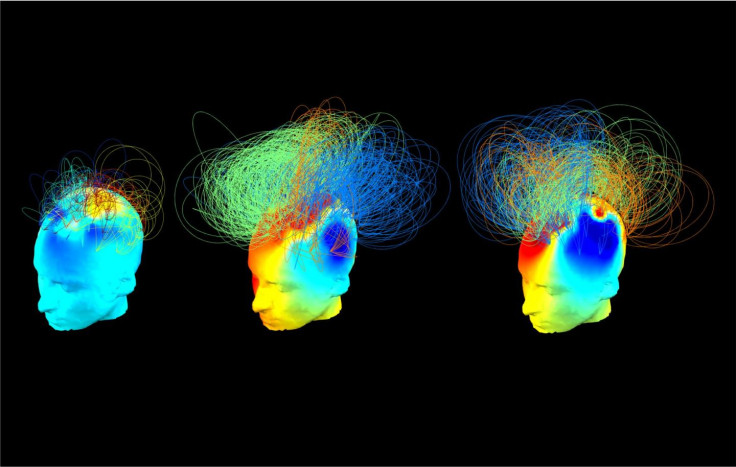Scientists Develop 'Mind Reading' Device
Researchers say device could allow thought-controlled computers

Scientists have developed a "brain decoder" which allows them to decipher private thoughts.
Researchers at the University of California at Berkeley have developed a device that enables them to work out what a person is thinking based on the neural activity in their brain, charting nerual activity as test subjects read a text to themselves.
"If you're reading text in a newspaper or a book, you hear a voice in your own head," said lead researcher Brian Pasley at the University of California, Berkeley.
They hope the device will have practical, medical uses.
"We're trying to decode the brain activity related to that voice to create a medical prosthesis that can allow someone who is paralysed or locked in to speak."
The team invited test subjects to read out a passage of text, then to read it to themselves in their mind, and scanned their brains for neural activity.
They team hope the research could potentially led to breakthroughs allowing people to operate devices such as computers using only their thoughts.
Previously, the team had recorded the data from electrodes implanted in the brains of epileptics when they listened to speech.
They then charted the brain activity of subjects as they read aloud passages, identifying certain types of activity with certain sounds.
The team is also attempting to identify the music a person is listening to, by mapping the neural activity associated with different songs.
However, researcher Stephanie Martin warned that a lot more work was needed before brain patterns could be reliably associated with types of private experience, and a mind-reading device was far from reality.
It would be really interesting to look into. It would allow us to predict what people are doing or thinking," she says. "But we need individual decoders that work really well before combining different senses," she told New Scientist.
© Copyright IBTimes 2025. All rights reserved.






















